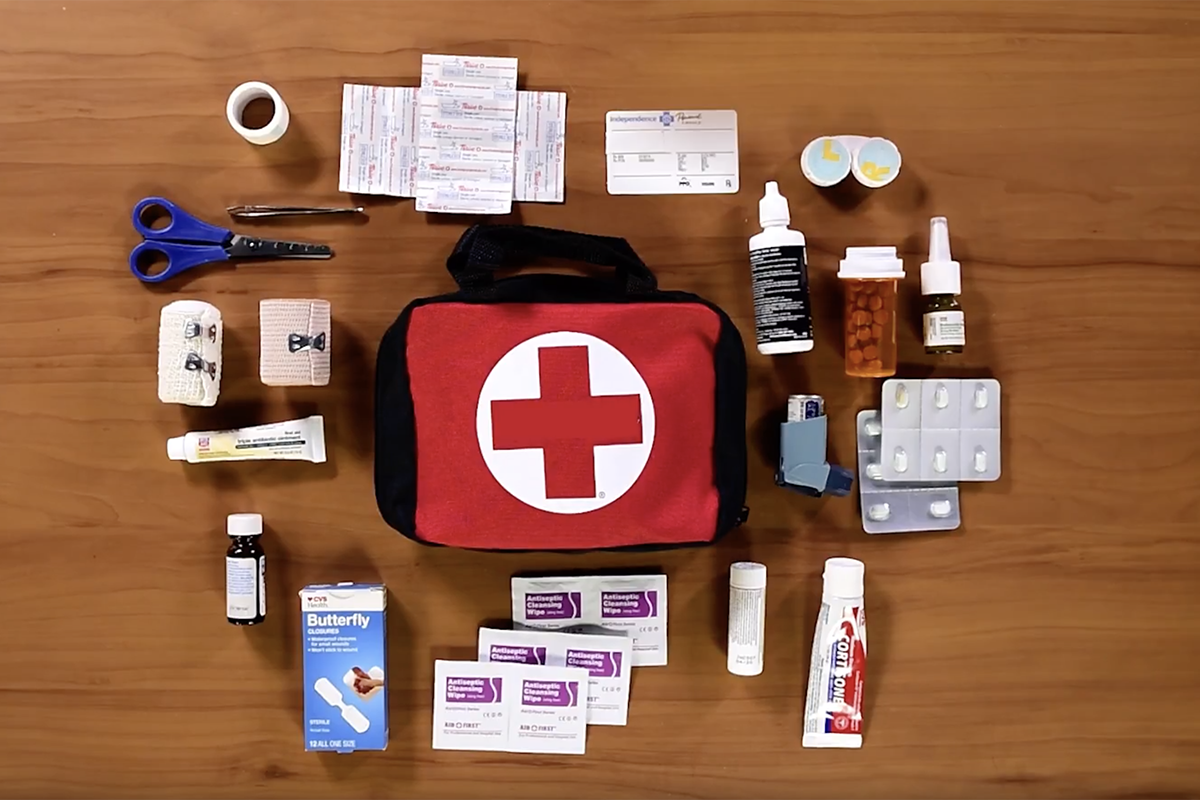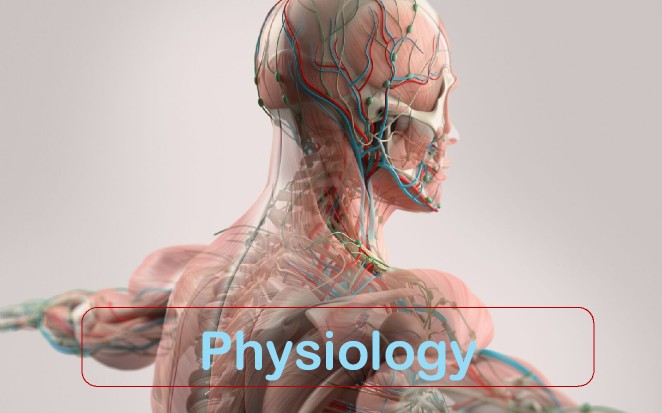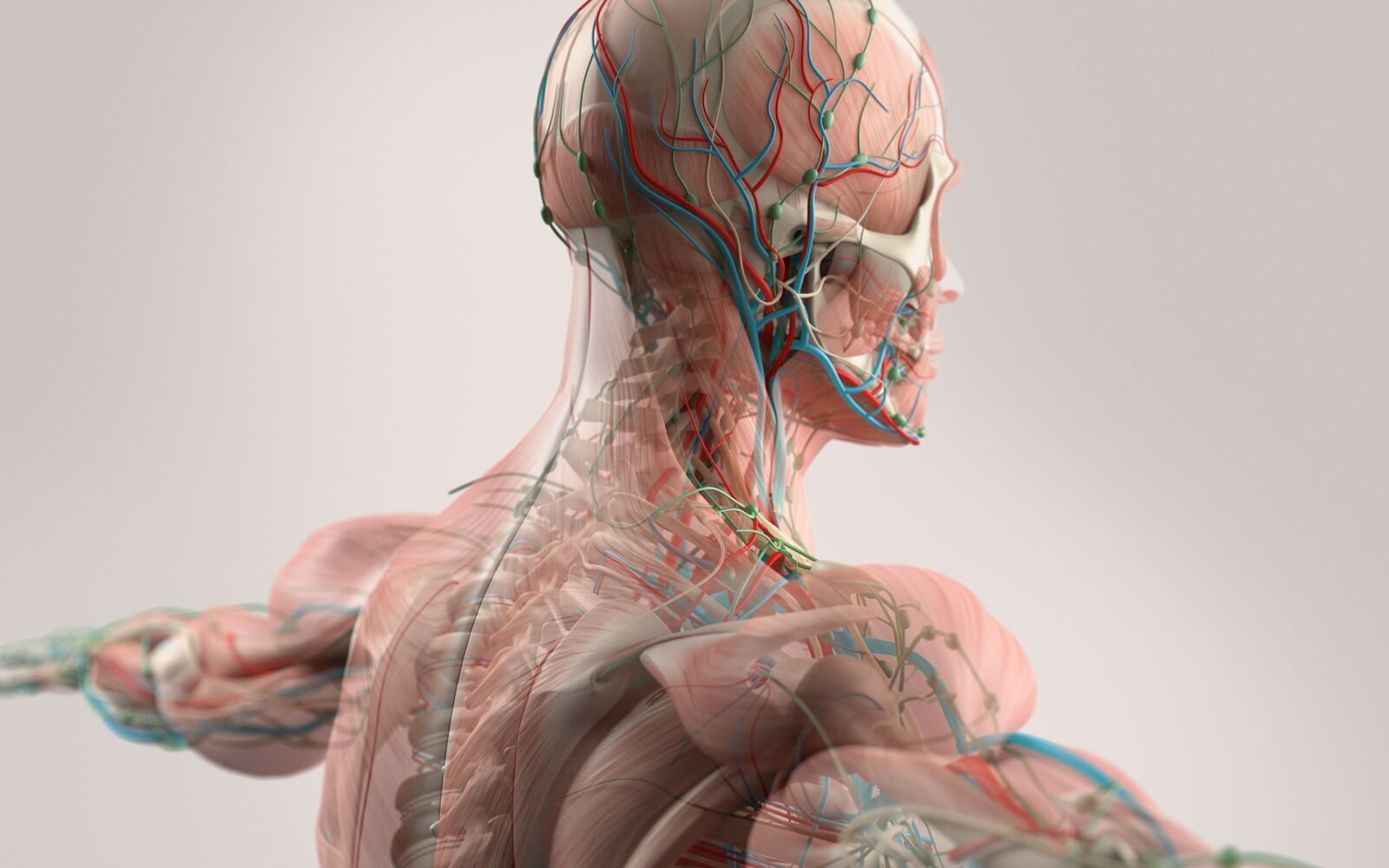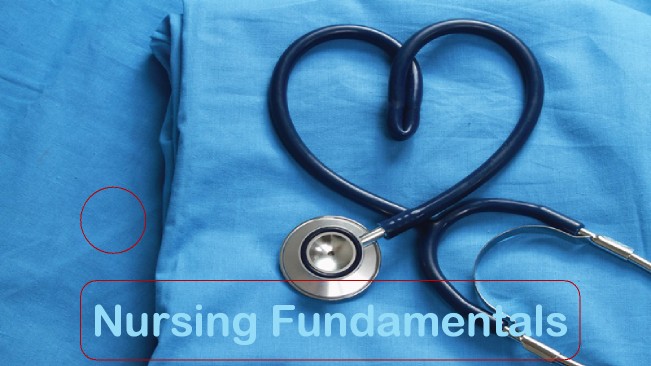
Microbiology is the study of microorganisms, any organism too small to see without a microscope, including viruses, bacteria, and certain types of fungi. This is also a prerequisite course often taken before entering nursing school, because understanding the role that microorganisms play in human health is necessary to understand many other aspects of healthcare. Topics include microorganisms that cause and help prevent disease, including the emerging field of the human biome, and the microorganisms that are part of the human body. This course generally includes lab work as well as classroom work.

- Teacher: Andy Chigalu

First aid refers to medical attention that is usually administered immediately after the injury occurs and at the location where it occurred. It often consists of a one-time, short-term treatment and requires little technology or training to administer.

- Teacher: Andy Chigalu

Introductory psychology is typically a prerequisite course needed to enter nursing programs. It covers principles and practices of psychology and helps nurses understand both psychology as a medical discipline, and how to use applied psychology as a nurse and communicator. Topics include cognition (how people think and make decisions), personality and behavior, organizational psychology, and the psychology of illness.

- Teacher: Andy Chigalu

Physiology is the study of the human body and how it functions. You’ll learn about the names and functions of different parts of the body and how they all function together, both in a healthy person and throughout different types of illnesses and injuries. This is usually one of the earlier required classes, since many subsequent courses rely on your understanding how the body works.

- Teacher: Andy Chigalu

This is one of the first classes you can expect to take in a nursing program, often required during your first semester. Nursing fundamentals courses give you an overview of what it means to be a nurse, how healthcare works, and potential careers and roles for nurses. The focus is on the basics of patient care and fundamental nursing skills. Your nursing fundamentals course also prepares you for more advanced topics in particular areas. This course may have different names at different schools, such as “Nursing 101” or “Introduction to Nursing,” but it will cover the same topics.
- Teacher: Andy Chigalu
